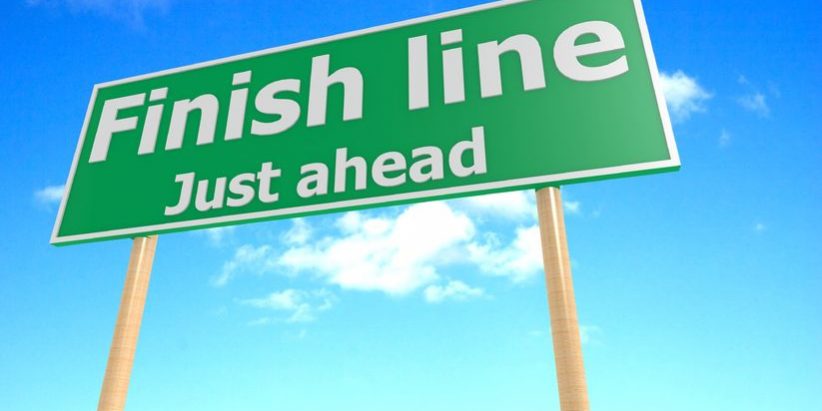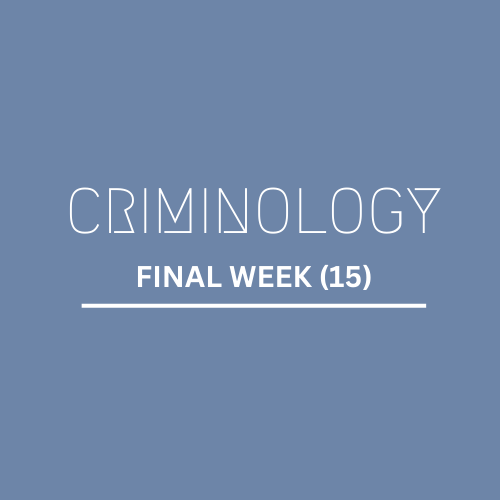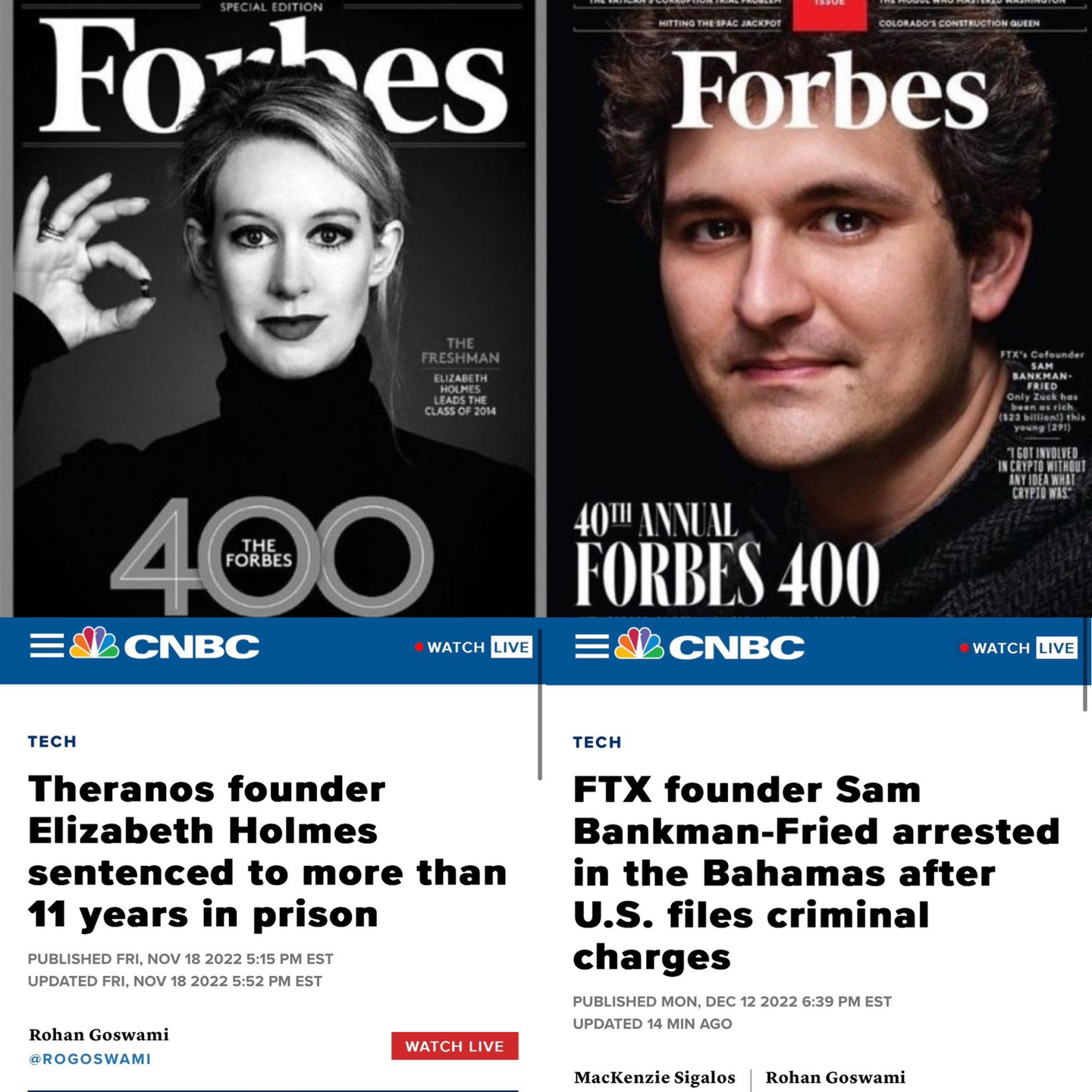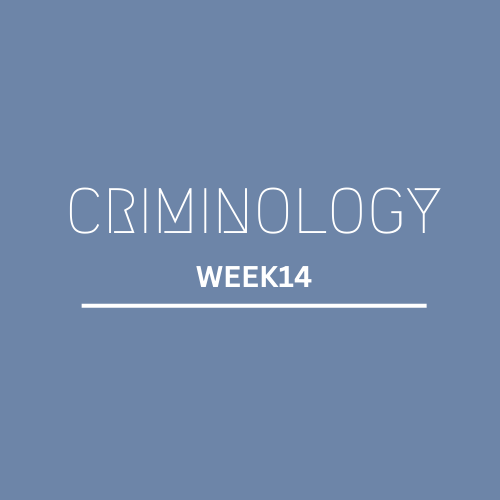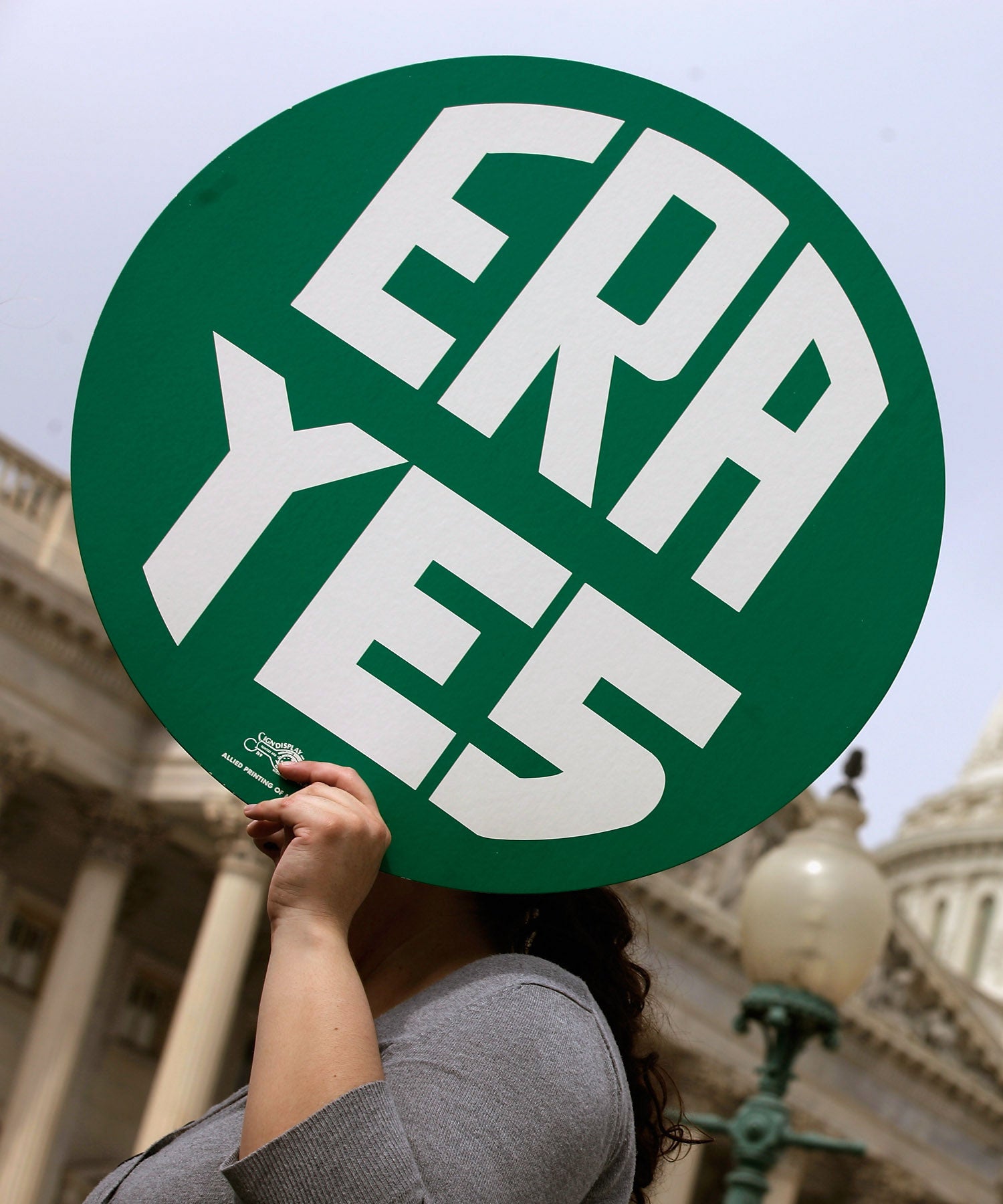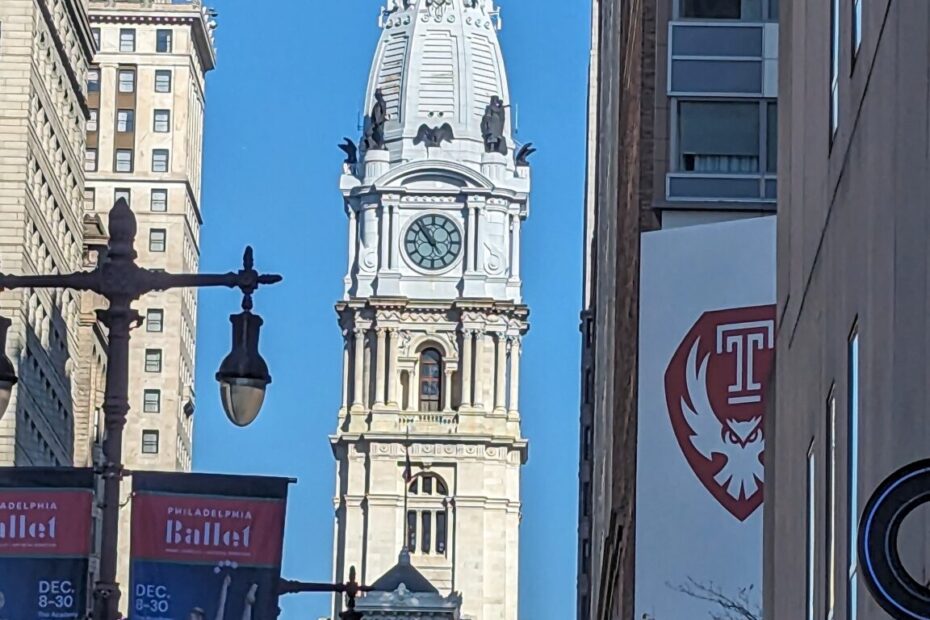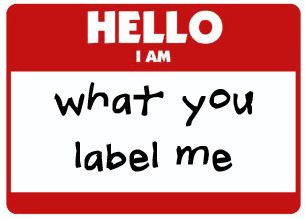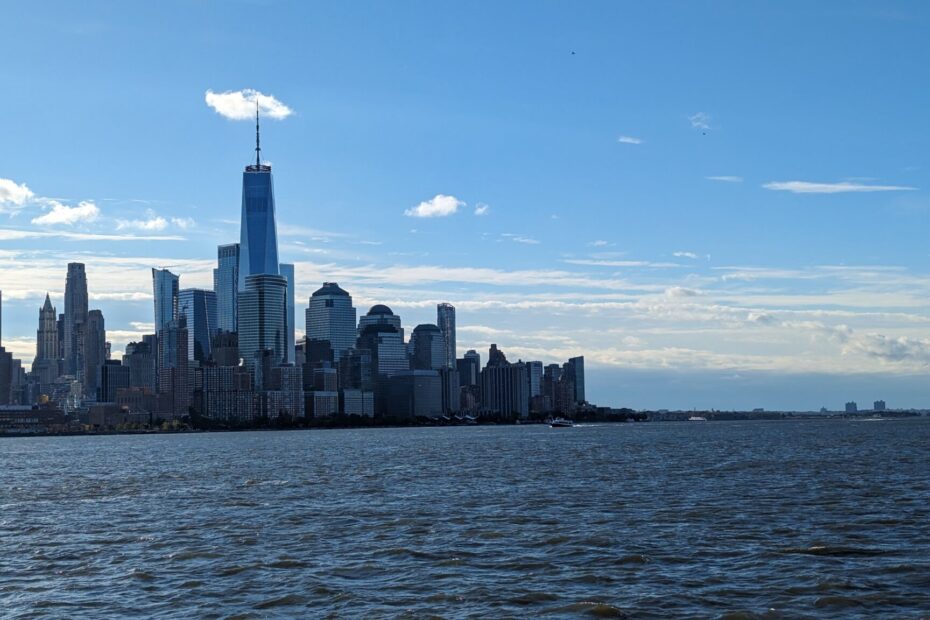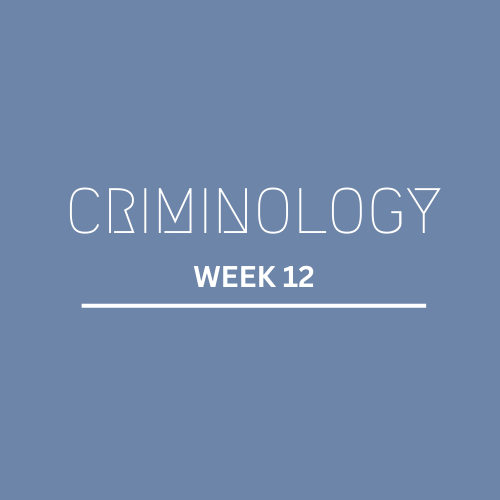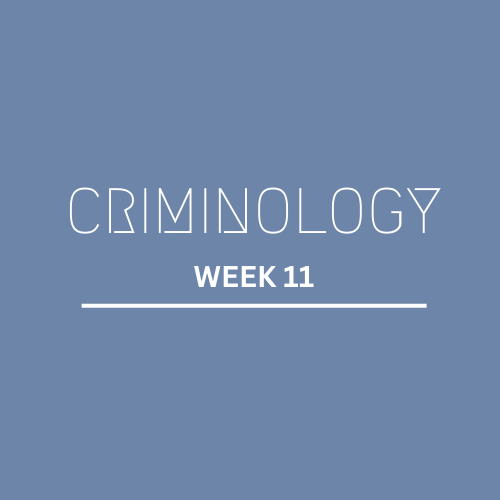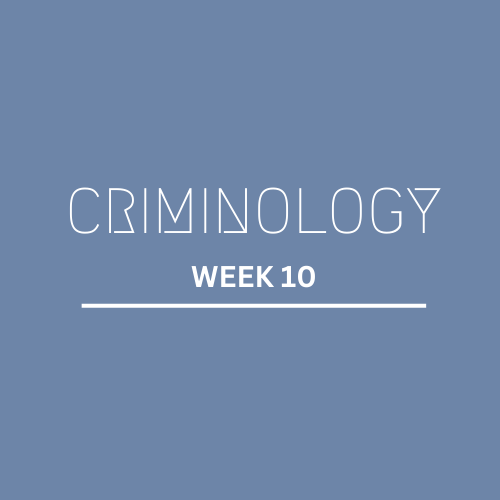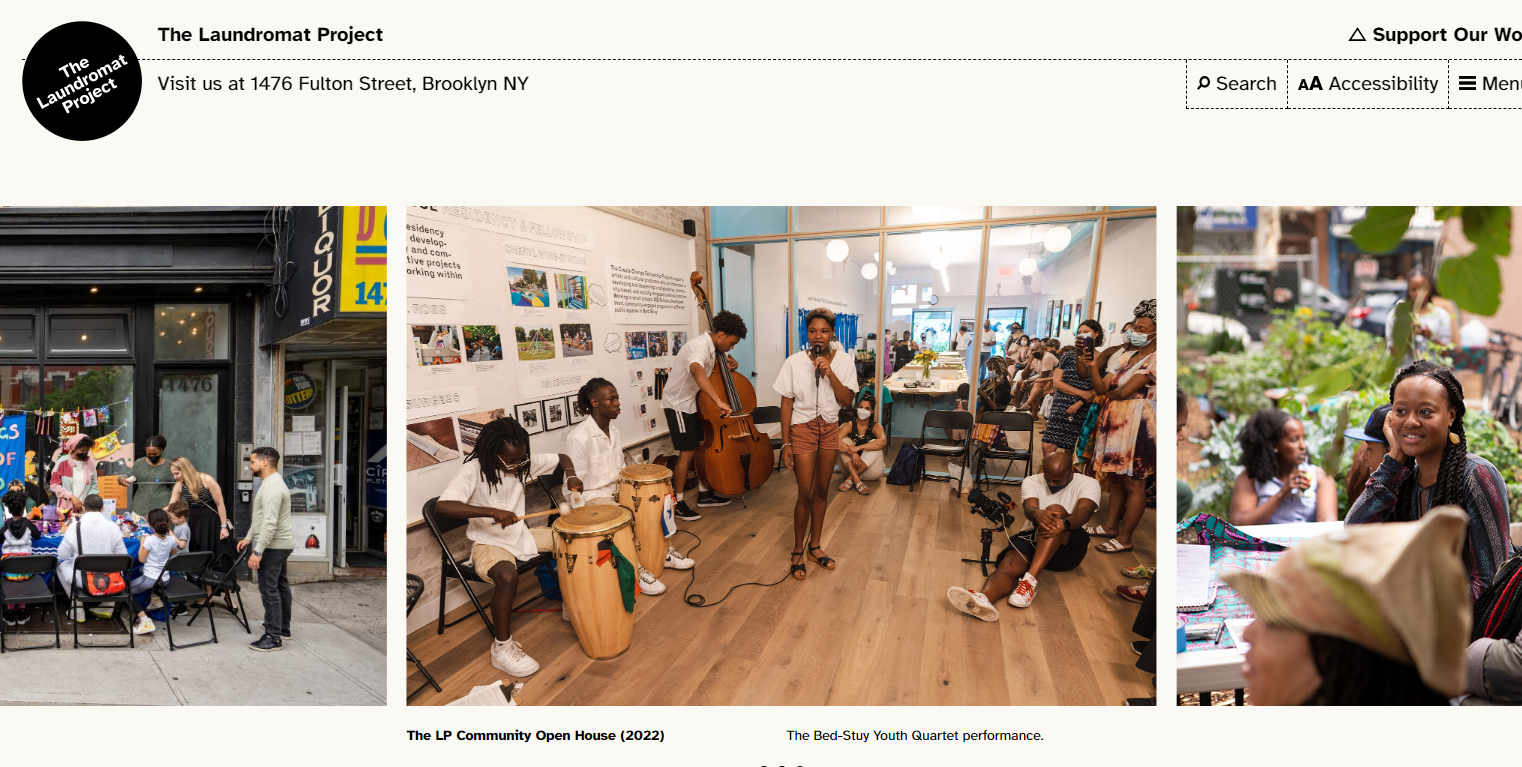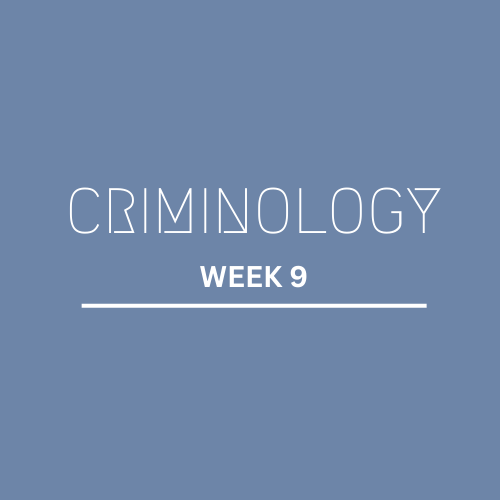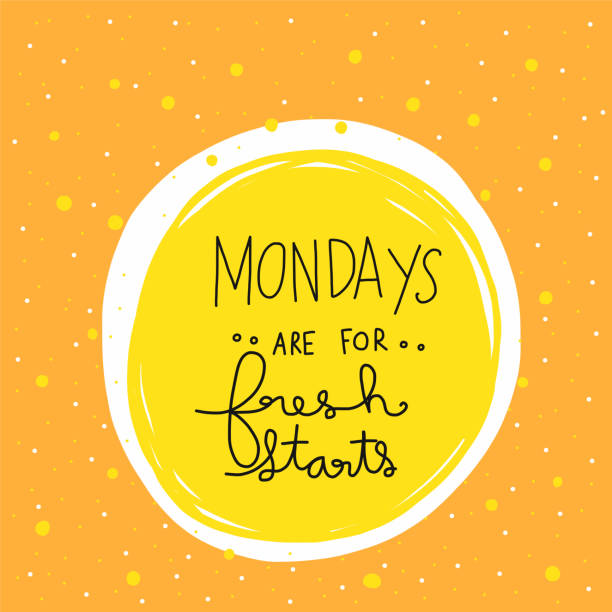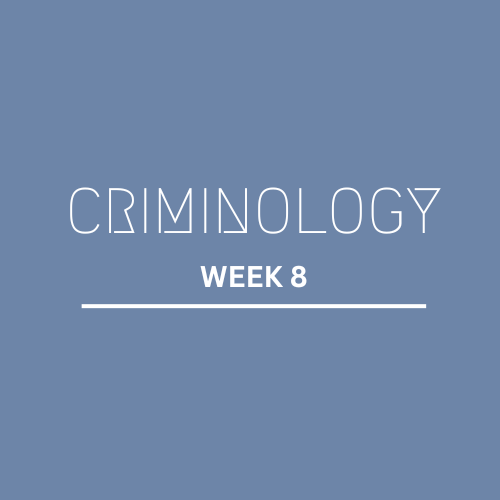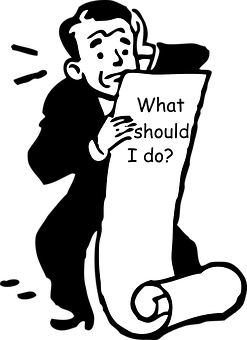This week, our attention will be centered on the profound influence of W.E.B. Du Bois in the realm of criminology. Although Du Bois is more widely recognized for his contributions to sociology, civil rights, and African American history, his insights into the field of criminology remain significant and oftentimes overlooked. A clear example of this is his seminal work, "The Philadelphia Negro." In this detailed study, Du Bois delved into the socio-economic conditions faced by Black Philadelphians at the turn of the century. He made astute observations linking the migration of former slaves to urban environments, which they found foreign and challenging, as a potential catalyst for criminal activities. Additionally, he posited that the immediate aftermath of Emancipation, while a pivotal moment in Black history, also inadvertently led to increased crime due to the abrupt socio-political changes and the challenges of integration.
